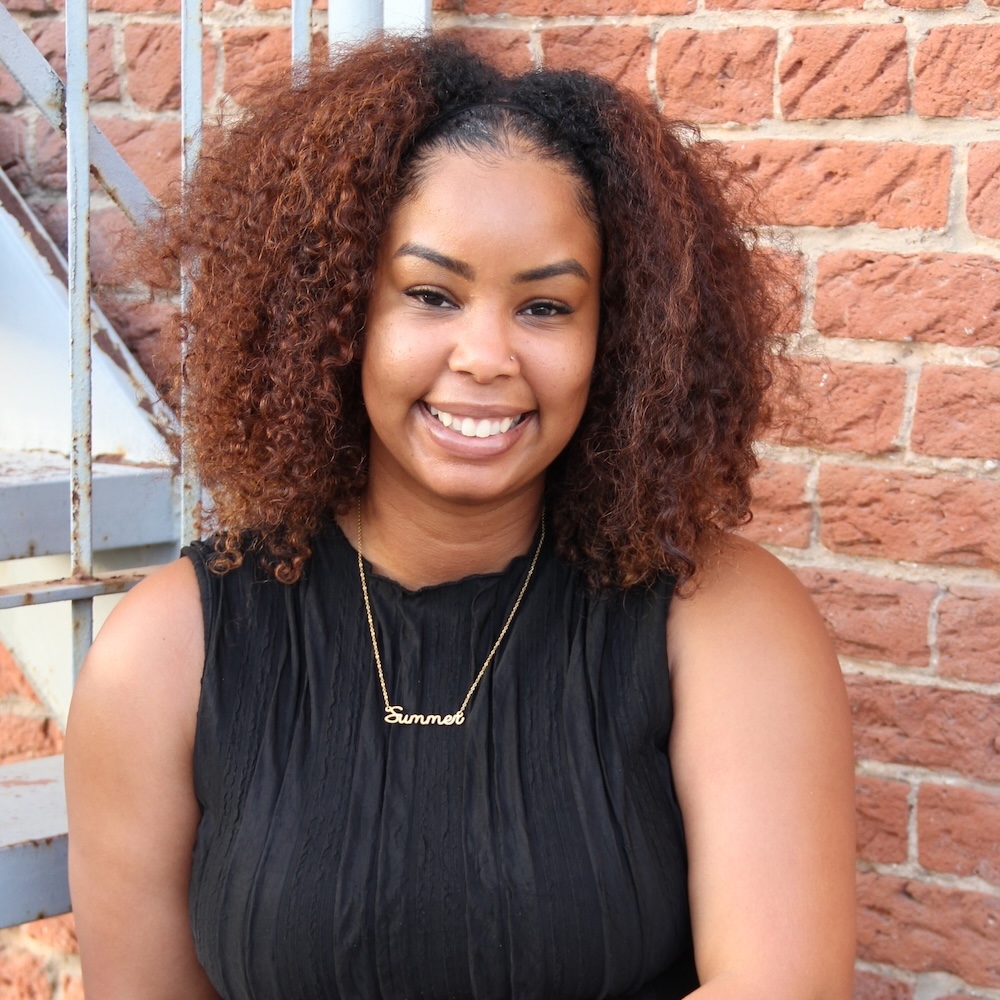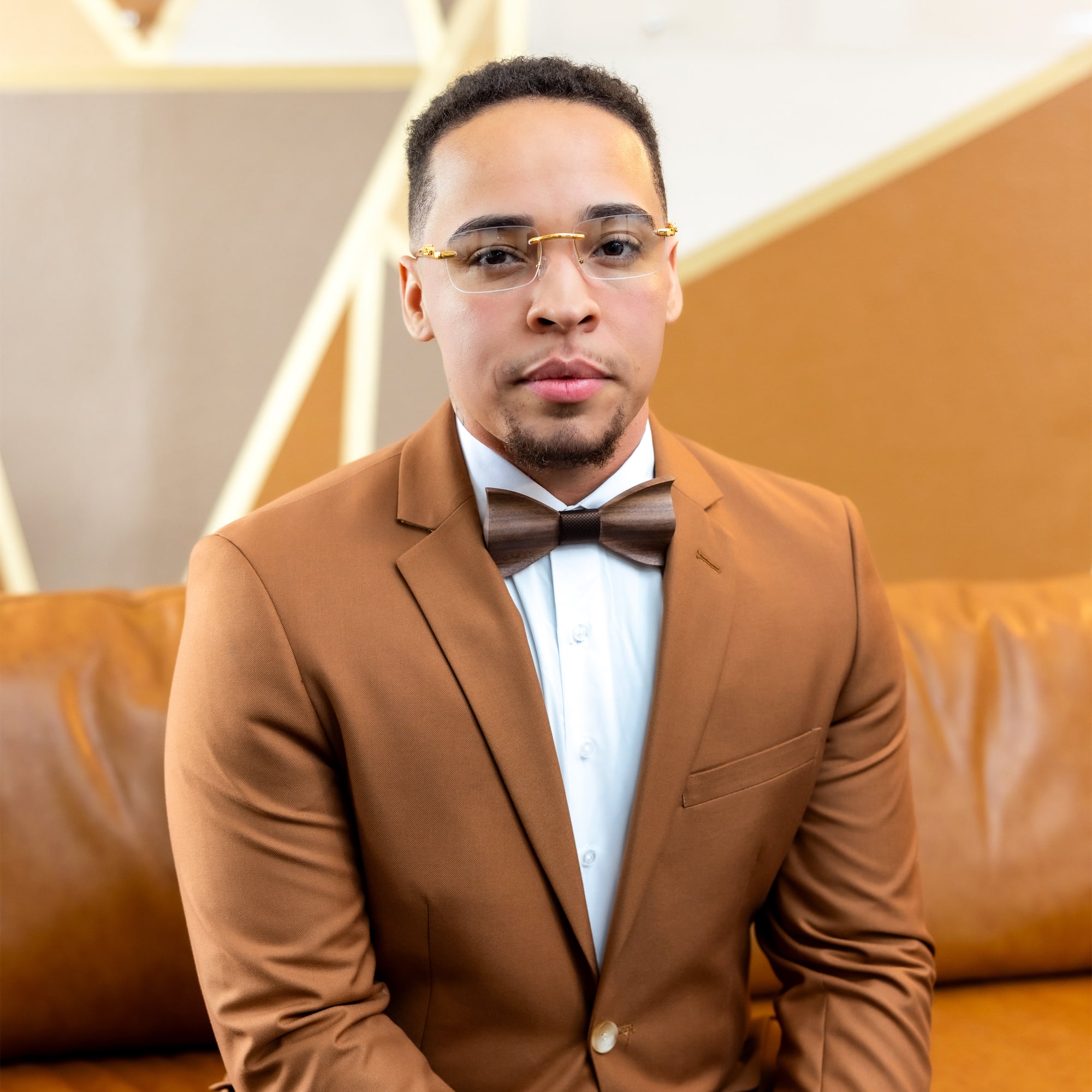Build relationships with others who share similar experiences and challenges.
Gain insight and strength by sharing your personal story.
Share openly in a space where everyone feels respected and heard.



An empowering group designed for adolescents and young adults 12-22 who are navigating the complexities of growing up. In this group, participants will explore life skills that help them tackle tough decisions, manage challenging family dynamics, and gain confidence in planning for a healthy and positive future. Whether you’re struggling with peer pressure, family issues, or simply trying to find your path, this group offers a supportive space to reflect, learn, and grow. Our sessions provide practical tools to help you take control of your life, while fostering resilience, self-awareness, and leadership skills. Join us and connect with peers who are facing similar challenges, and together, we’ll help you unlock your potential and take charge of your future.

Our EMDR Group for First Responders is designed to support those who have experienced traumatic or disturbing events in the line of duty. Using Eye Movement Desensitization and Reprocessing (EMDR), we help first responders process difficult experiences, reduce the emotional impact of past incidents, and regain a sense of control and calm in their lives. This group provides a safe, supportive space where you can connect with others who understand the unique challenges of your profession and work toward healing and resilience.

Connect with others who have walked a similar path.
Find encouragement and strength from the support of your group members.
Feel empowered by the shared growth and support of the group.
Complete our intake form (click here) to help us tailor our therapy to your unique needs.
Book your initial consultation to discuss your therapy goals and how we can support you.
Begin your group therapy journey and find strength in shared stories and support.


LPC-Associate
View Profile

LCSW
View Profile

LCSW-S
View Profile

LPC-Associate
View Profile

LCSW
View Profile

LCSW-S
View Profile

LPC
View Profile

LCSW
View Profile

LPC
View Profile

LPC
View Profile

LCSW
View Profile

LPC
View Profile

LMSW
View Profile

LCSW
View Profile

DSW, LCSW-S
Founder
View Profile

PsyD, LCSW-S
Founder
View Profile

At BPOQe, we are committed to providing a safe and affirming space where Black, Queer, and other marginalized communities can heal and thrive through group therapy. Our culturally responsive approach to group therapy centers on equity and inclusion, offering a supportive environment for collective healing.
By integrating a decolonized perspective, we address the impact of historical and systemic injustices, amplifying marginalized voices. Through this, we empower participants to foster personal growth, build community, and promote lasting change in their mental wellness.

Group therapy is a form of counseling where a small group of individuals meet regularly with a trained therapist to discuss and explore their feelings, behaviors, and experiences. Unlike individual therapy, group therapy leverages the collective experiences of its members to provide support, insight, and feedback. It fosters a sense of community and belonging, allowing participants to learn from each other and develop interpersonal skills in a safe and structured setting.
We offer a variety of group therapy sessions designed to create a welcoming and supportive space for our communities. Our group options change based on what we assess our communities needs are. If you have an idea for a group you’d like to see, please reach out to us- we are always open to feedback!
Group therapy provides a space where individuals can openly discuss and process experiences related to systemic pressures and racial trauma with others who understand and share similar backgrounds. Through shared experiences, members can gain validation, reduce feelings of isolation, and develop resilience. Therapists facilitate discussions that address the impact of racism and discrimination, helping members to develop coping strategies, advocate for themselves, and support each other in navigating societal challenges.
Before joining a therapy group you’ll first have an individual assessment with the group leader. This ensures the group is the right fit for you and helps set realistic expectations for your experience. During your first group session, you can expect to be introduced to the group members and the therapist.
The session will typically involve establishing expectations for confidentiality, respect, and participation. You may be asked to share a bit about yourself and your reasons for joining the group. The therapist will outline the goals and structure of the group, fostering an environment of trust and openness.
Yes, confidentiality is a fundamental aspect of group therapy. What is shared within the group stays within the group. All members are expected to respect each other’s privacy and maintain confidentiality. This creates a safe and trusting environment where individuals feel comfortable sharing their personal experiences. However, therapists are legally obligated to break confidentiality if there is a risk of harm to yourself or others.
The duration of group therapy varies depending on the specific program and the needs of the participants. Some groups run for a set number of weeks or months, such as 8-12 weeks, while others may be ongoing.
Sessions are typically held weekly, bi-weekly, or monthly allowing time for participants to build relationships, share experiences, and work towards their personal and group goals. Your therapist will discuss the expected duration and structure of the group with you during the initial sessions.
Group therapy sessions usually consist of 6 to 12 participants, which is optimal for creating a supportive environment where everyone can actively participate and receive individualized attention from the therapist. However, group sizes can vary; smaller groups may offer more intimacy and personalized interaction, while larger groups can provide a broader range of perspectives and experiences.
Yes, you can participate in multiple therapy sessions simultaneously, including individual therapy, couples therapy, or multiple therapy groups, as long as it feels comfortable and aligns with your therapeutic goals. Engaging in different types of therapy can provide diverse perspectives and support for various aspects of your life. However, it’s essential to communicate with each therapist about your participation in multiple therapy sessions. This helps ensure that your experiences are manageable, beneficial, and free from overlap or confusion.
Feeling uncomfortable in a group therapy session is not uncommon, especially in the beginning. It’s important to communicate your feelings with the therapist, who can provide support and adjust the group dynamics as needed. Over time, as you become more familiar with the group members and the process, you may feel more at ease. If discomfort persists, you can discuss this further privately with the group therapist.
Yes, we offer both in-person and online/virtual therapy options to accommodate your preferences and needs. While online therapy provides flexibility and accessibility, allowing you to engage in sessions from the comfort and privacy of your own space, in-person therapy is available on a limited basis, as not all of our therapists are based in the DFW area. Whether you prefer virtual sessions or face-to-face interactions, our goal is to ensure you receive the support you need in the format that works best for you, as long as it is within our capacity.
We ensure a safe and supportive environment in group therapy by establishing clear ground rules for confidentiality, respect, and active listening from the outset. Our therapists are trained to manage group dynamics, address conflicts, and foster a culture of empathy and understanding. Additionally, we carefully select group members to ensure compatibility and encourage a sense of community and mutual support among participants.
Group therapy provides a wealth of benefits, including:
Group therapy fosters a supportive environment where you can thrive, grow, and build meaningful connections.